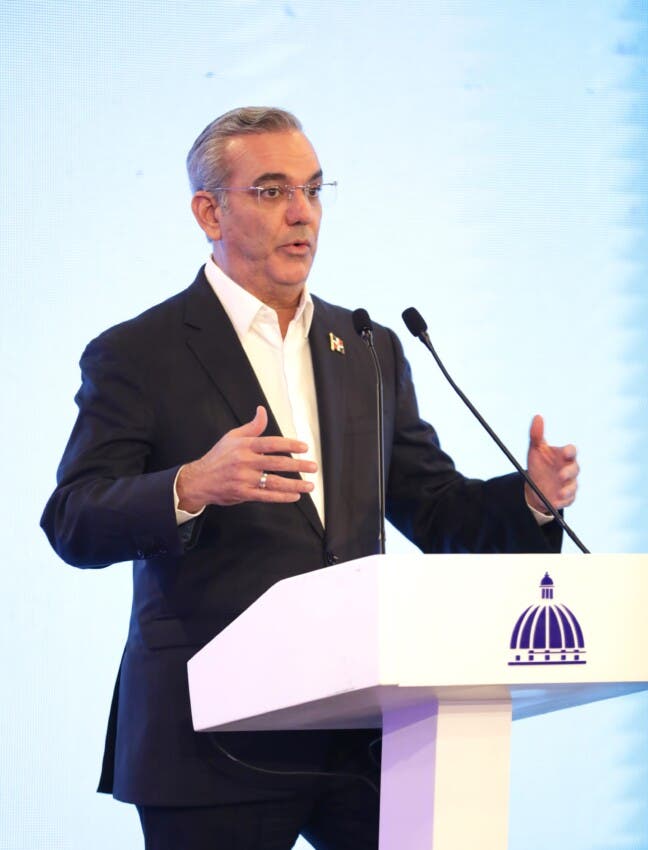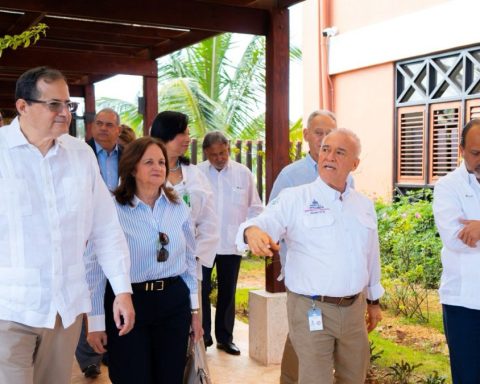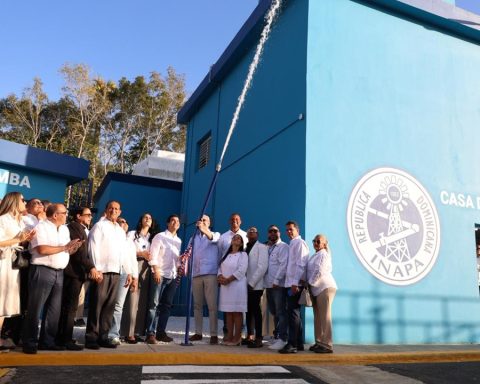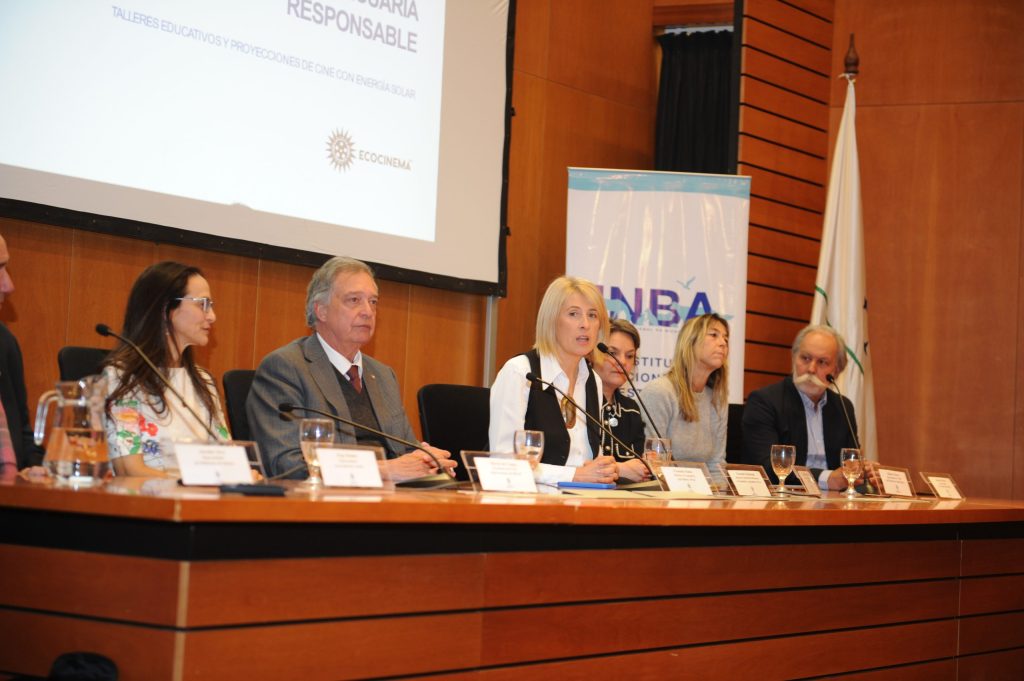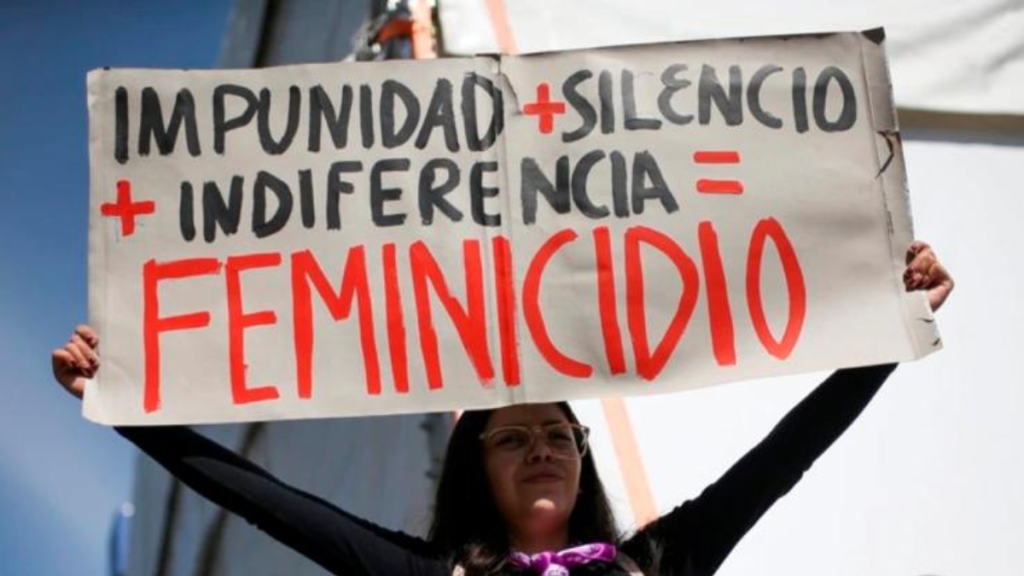Santo Domingo.- The president of the Dominican Republic, Luis Abinader, did not rule out this Monday that the issue of Venezuela be addressed “informally” by some of the heads of state or government who will attend his inauguration in Santo Domingo next Friday for a second term.
Asked at his weekly press conference about the possible holding of a regional summit on Venezuela in Santo Domingo, which Panamanian President José Raúl Mulino spoke about last week, Abinader responded that he had not been invited “to a formal meeting because the invitation is for the inauguration, that is what we are focused on.”
But, he added, “since most of the presidents of Latin America are meeting, we do not rule out that this topic may not be discussed informally by all of them, but only by some of those who have had some comment on the elections in Venezuela. This will continue for a few weeks.”
You may also like:
Last Thursday, the president of Panama indicated that the regional summit he proposed to hold in his country to address the post-electoral crisis in Venezuela could be held this week, but in the Dominican Republic, taking advantage of the presence of the leaders there for Abinader’s inauguration.
“That meeting that I am trying to hold, we already have 6-7 confirmed presidents who would come to Panama; however, all or almost all of us will coincide in the Dominican Republic next Thursday and Friday for the swearing-in of President Abinader for the second time and perhaps, with President Abinader’s permission, we can have the meeting there,” Mulino said then.
Mulino’s idea is that the 17 governments that voted in the Organization of American States (OAS) on July 31 in favor of a resolution that asked the Venezuelan authorities to publish “immediately” the minutes of the July 28 elections, an initiative that ultimately did not prosper, will attend the meeting.
The countries that voted in favor of the resolution were Argentina, Canada, Chile, Costa Rica, Ecuador, El Salvador, the United States, Guatemala, Guyana, Haiti, Jamaica, Panama, Paraguay, Peru, the Dominican Republic, Suriname and Uruguay.
Following the Venezuelan elections on July 28, the National Electoral Council (CNE) ratified the victory of the president of Venezuela, Nicolás Maduro, which is not recognized by a large part of the international community.
